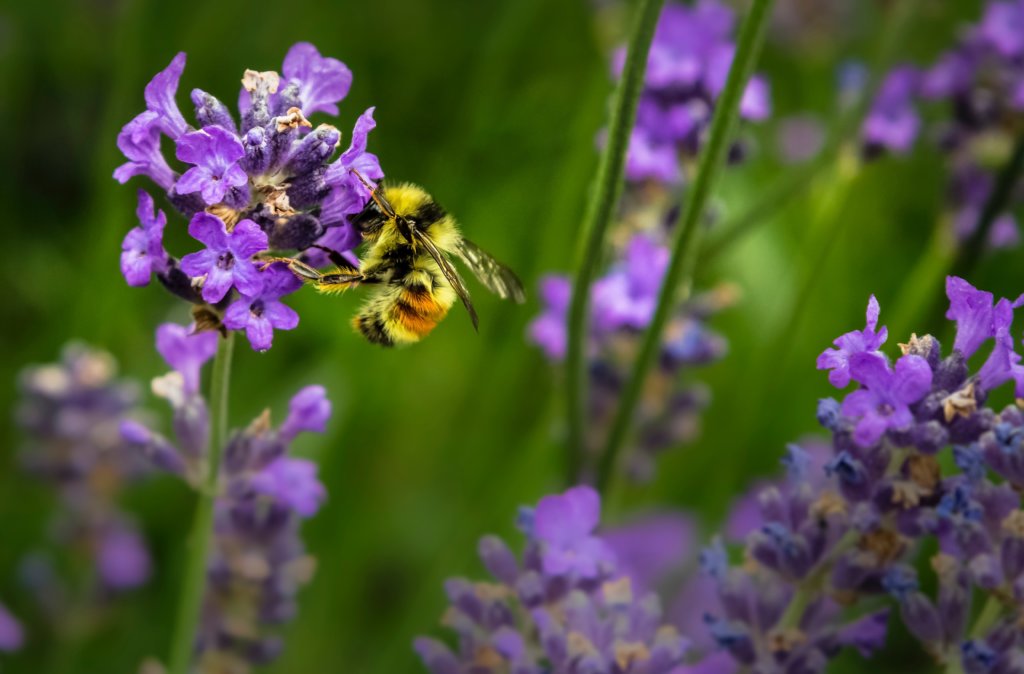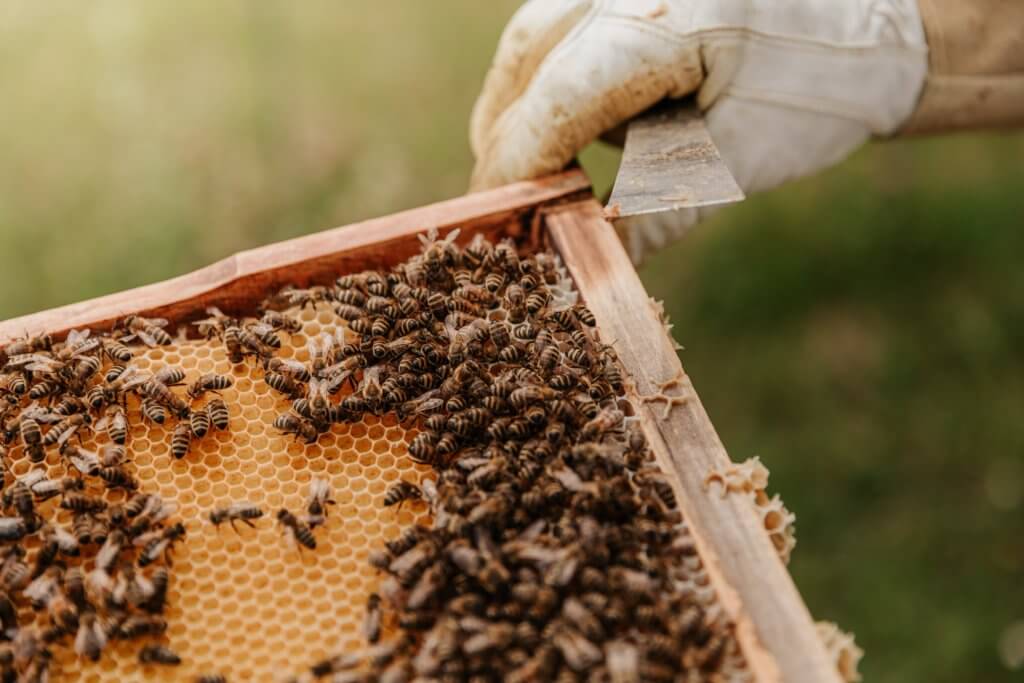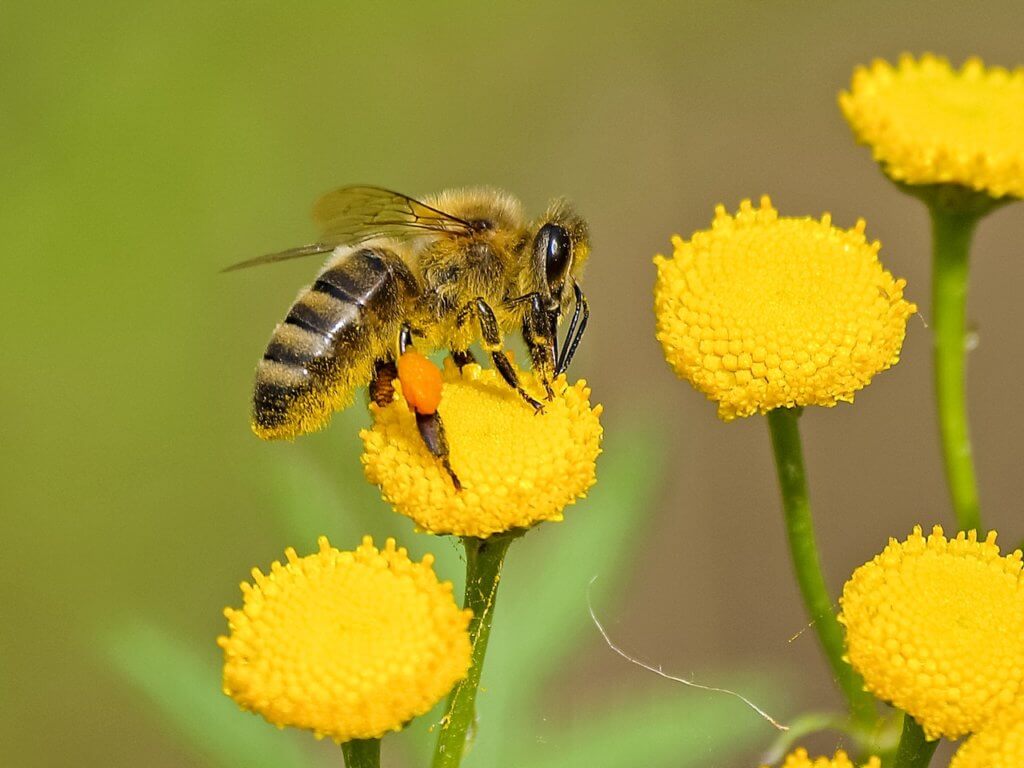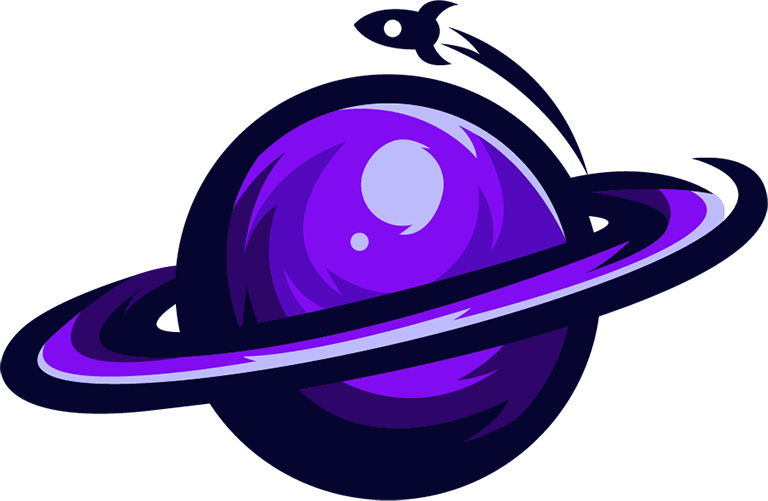Could Humanity Survive If Bees Went Extinct?
How to bee-friendly… and why
Video of the day July 20th 2019
They may seem annoying at times, but humanity would NOT be in a better place if bees were gone. Join me as I show you the importance of bees, and how humanity wouldn’t survive without them.
8. The Bee “Problem”
When it comes to humanity as a whole, we’re never, EVER, afraid to say what we’re thinking…within reason. And just as important, if we don’t like something, we vocalize it, and if that thing is so annoying, we’ll wish that it wasn’t around anymore. Bees have been wished away by many people all over the world for countless years.
Why? Simple, because bees to many people are annoying. Their buzzing is loud when it’s next to you, they can grow to an incredible size at times (I’m speaking from personal experience here), and arguably most importantly, they can sting you. Many people are wary of bees solely because of their sting. And should a nest of bees somehow appear next to one of their areas that they live in? They’ll do what they can to get rid of them so that the bees aren’t near them anymore.
On the surface, it’s understandable that people are afraid of bees, and are especially afraid of their stings. They hurt! But, there’s a difference between not wanting a bee near your house, and not wanting bees anywhere on Earth.
Because whether you want to believe it or not, bees are vital to the world and its products. And without them, we’ll suffer. Don’t believe me? Well, let me show you some things that are impossible to have without bees.
7. Humanity As A Whole
I can already hear you panicking, or scratching your head in confusion at what I mean. Either of those is likely accurate. Just as accurate as this topic I’m talking about right now.
Now it’s true, this is one entry that is a bit controversial, as there are a lot of elements that play into this hypothesis. With many people stating that bees dying wouldn’t wipe out humanity, but many are firm that this could be the case.
The main gist of it is that without bees pollinating crops, and losing aspects of our food supply (which I’ll be getting to in a bit), it would eventually cascade into something that would end the human race.
Why? It has to do with the basic fact that bees affect a lot of what we do, and so to lose them would be devastating to our planet in numerous ways. It’s bad enough we’d lose certain foods, but other factors as well would heavily affect our world. To be blunt, without bees, our whole world will change very quickly, and we humans aren’t known for dealing with change in a good way.
As if that wasn’t enough, the Earthwatch debate that happens annually once said that bees are the most valuable species on Earth. More than any plant or animal, bees are that important in some people’s eyes.
Which brings us to the major irony of it all. IF bees were to die out, humanity would have played a big part of their, and our own, destruction. For a time, the only thing bees had to worry about was humans swatting them. But now, hundreds of years into the “modern” age, humanity is causing the planet all sorts of problems, which in turn is causing bees all sorts of problems.

First, our land expansion is still happening, and that’s causing large portions of the bee population to lose their homes and breeding grounds, thus lowering their numbers. There’s also electromagnetic pollution that is caused by humans. Bees actually use electromagnetic signals to help find things, it’s like a homing signal of sorts. But if they can’t sense it, they can’t do their jobs, can they?
Then there’s pesticides. Now, while many pesticides are tailored to kill a certain kind of bug from ruining their plants (of which bees aren’t ones to ruin them), other kinds don’t care. What’s more, certain pesticides actually hurt the bees in an internal way via their reproduction. Again lowering their numbers, and thus hurting the bee population over all.
The sad irony here is that while science has said for years that humanity was killing the bees, not a lot of people believe them because bees were still around. But now, with noticeable drops in the bee population, people have to take notice. Else it’ll be the end of our own species as well as theirs.
Now, again, some people don’t agree with this will be the end result. After all, the world did thrive at one time without bees (in the ancient times with dinosaurs and other prehistoric creatures), or so it’s believed. So, it’s possible that given enough time humanity could bounce back, but that’s a guess at best. It goes to show you how big an impact that they have on our world though, even if you don’t realize that they do certain things for you…like say help you get a nice cup of…
6. Coffee
Coffee is something that many humans love to enjoy, but they don’t always know exactly how it’s made. So here’s a quick rundown of the process for you to understand. It comes from plants, specifically the beans of certain plants (and other parts too depending on the blend and the flower itself). But what’s important to remember is that to have those beans, those plants need to be pollinated, and do you want to guess what the biggest pollinator of coffee plants are? Yep, it’s bees.
So, if the bees suddenly died out, the production of coffee would quite literally grind to a halt. Which on the surface…may not seem that bad. And it’s also fair to say that coffee wouldn’t go immediately extinct along with the bees since there are no doubt stockpiles of the stuff in warehouses all over the world that are eventually going to be shipped to stores.
However, there’s another catch to this, economics. Coffee is a big industry, all over the world even. Between Starbucks, Dunkin Donuts, coffee shops all over the world, and many home brew companies, coffee makes a lot of money for a lot of people. to give you an example of how important a money maker it is, Starbucks made $21.6 billion dollars just in 2016. And part of the appeal of places like Dunkin Donuts is that you can get donuts and good coffee together for a low price.
So I now want you to imagine that the coffee plant is gone, and the reserves of the product are all gone. What would that do to humanity? Well first, there’s going to be a lot of cranky people in the mornings of the day as they don’t have their “liquid gold” to kickstart their engines as it were. But arguably more important, a whole bunch of businesses will be going out of business. Many jobs will be lost, and all because a singular plant is gone. Which all happened because bees are gone. And that’s not even the biggest thing that we would lose to be honest with you.
5. Nuts
People often forget that nuts come from plants, and actually, they’re vital to the food world at large for a whole host of reasons. Almonds and cashew plants for example are heavily pollinated by bees. And the company that makes about 80% of the worlds population of those nuts has stated that without bees, the nuts wouldn’t grow. That’s quite an endorsement when you think about it.
Now, if you think that this is just posturing, that’s not really the case. Because this company fears not having bees around so much that the company actually own half of the United States population of honeybees. Why would someone do that if they weren’t afraid of the bees getting wiped out?

Cashews are also a huge product in Africa, and helps boost the economy of the workers who are able to grow them. If nuts went away, multiple continents would be affected.
And, not unlike coffee, people would suffer from the lack of products that couldn’t be made due to the lack of nuts of all shapes and sizes. Things like Peanut Butter, Almond Milk, certain kinds of M&M’s, chestnuts roasting on an open fire, and on and on it can go.
Nuts are also a very healthy food, and prescribed by doctors for a healthier life. So if they’re gone, not only do we lose a food product, we lose a way of staying healthy.
4. Bio-Fuel That Could Save the World Wouldn’t Be Possible To Make
This is another one that may confuse you, but I’ll explain it all. Because what this really boils down to is that there are people trying to save the planet by making it so that we don’t have to depend on gas and oil to fuel everything in our lives.
Because as you hopefully know, it’s killing the planet the more we use it. To the extent that in the next few decades, the emissions from said gas and oil products could radically change our world, and we’re already feeling the effects right now.
To remedy this, people are trying to work out new sources of fuel that we can use to power our machines and not pollute the planet. A solution that many people put faith in to solve this problem is Bio-Fuel. Bio-fuel uses organic matter like plants to help create a fuel substitute, and it works, really well in fact. There’s just one catch, some of the plants used in these substitutes are pollinated by bees.
Thus, if the bees are gone, most brands of bio-fuel can’t be made. A great example of this comes from Canada, they’re using Canola oil to make a new bio-fuel. It’s actually very effective, and could help change things, but, the Canola plant is pollinated by bees. No bees, no Canola plant, and no Canadian Bio-Fuel.
Now, as I’m sure many of you are saying, “There’s more than one way to save the planet without this kind of bio-fuel!” And it’s true. There’s solar powered cars, wind generators, hydroelectric dams, etc. However, having a large variety of solutions to clean up the use of gas and oil is vital to save the world. Losing any of these solutions is bad, especially if it’s one that can be more easily tailored to work in cars than others. Which Bio-Fuel definitely is.
3. The Food that We Eat Would Be Mostly Gone
At some point during this list, I’m sure you’re thinking that some of the things we’d lose in the course of bees going extinct wouldn’t be the worst thing in the world. “We can live without coffee or nuts, right?”. And yeah, we could, technically.
But what you’re missing is that the extinction of bees would cause a cascading effect to almost every food industry in the world. Bees are pollinators, and they’re actually very good and efficient at what they do. As such, farmers of all kinds count on bee colonies to come to their plants and pollinate them so they can have a harvest that’s plentiful.
Let’s break down how humanity eats, shall we? The human species can find its food divided up into about 100 different crops. This in turn makes up about 90% of the human food supply give or take. To that end, bees are the main source of pollination for about 70% of the crops that make up that food supply. So thus, if bees died, many of those crops would die, and humanity would suffer widely all over the world in a rather short amount of time.
Would we go extinct right away? No, but many people would starve, as we wouldn’t have enough food to go around. And that’s not even talking about the economy of the world. Businesses of all sorts would suffer, the price of what food is left would skyrocket more than likely, and people would find themselves desperate for all kinds of food, even the smallest of portions just to make sure that they’re fed.
That’s a lot of chaos and problems caused by the simple extinction of an “annoying” animal, don’t you think?
2. Can We Save The Bees?
That is the question, isn’t it? Can the bee population be saved when it’s clear that they’re dying out? Absolutely, just about anything can be saved if people are smart enough to do what needs to be done.
Now, while it’s true that not everything that SHOULD be done WILL be done, as expansion won’t likely stop and electromagnetic pollution won’t be easy to dissuade, there are other avenues that you can do.
For example, whether you have a garden or a field of crops, you should stop using pesticides, insecticides, fungicides, etc. Only use them if you KNOW you have a serious problem in your field. Because these chemicals harm the plants in a way that’s unseen, and that affects the bees when they try and pollinate them.
You can actually try and raise your own bee farm, or even have a bee garden that they can openly pollinate without your interference. Also, while weeding gardens is a must at times, try not to kill Dandelions, bees love them.
There are steps you can take, and the world is finally noticing that the bees are in danger. So hopefully, together, we can see the bees, and by extension the population.

1. A Story That’s Already Unfolding
The truth of the matter is that our planet isn’t what it used to be, and we’re really starting to feel the effects of it now. The death of the bee population is just the latest step in what is the slow death of our planet.
That may sound grim, and it is, but it’s also true. However, not unlike the plot of a fantasy story, now that we see the “evil” coming, we can try and fight back and prevent it. There are many organizations out there right now that are trying to come up with new ways to save the bee population, or to help stop the methods that are being used right now to kill them or prevent their reproduction.
And the important thing is that we have proof that the bees are dying in great numbers, and that we’re causing a great deal of that death. This can lead to new resolution and policies that can make it so that the bees are able to live longer and healthier lives and grow in the numbers they need to.
We’re saying you have to like the bees themselves. But we do hope that you’ll at least appreciate them and be grateful for all that they give you. Which is honestly quite a lot.
subscribe to the insane curiosity channel
Insane Curiosity is a channel of astronomy, physics and future technology, which teach mostly about Space, Recent Space Discoveries/News, Future Events, The Solar System, Exoplanets, Mars, Colonization Plans, etc.). We prepare New videos almost every day. Learn With us and Stay Insanely Curious!

Subscribe For the Latest news & Updates
Subscribe For the Latest news & Updates
Get in touch with the Insane Curiosity Channel. Once in while you will receive emails about news, promos, and much more. Stay Tuned!
Insane Curiosity
Science made easy
All rights reserved
Who we are
Insane Curiosity is a channel of astronomy, physics and future technology, which easily explain science. We need science and science need us!

